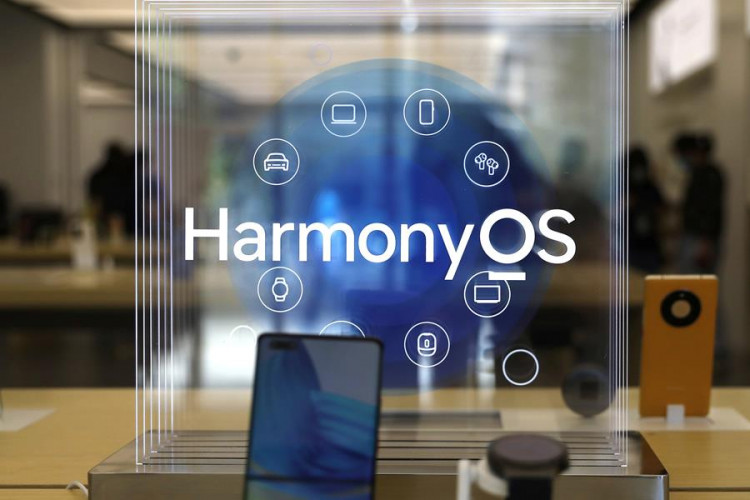BEIJING/SHANGHAI - Huawei Technologies, China's tech giant, has recently launched a series of smartphones that have garnered international attention. The technology embedded in these phones suggests that Huawei has successfully navigated the challenges posed by U.S. sanctions and is poised to re-emerge as a formidable competitor to Apple.
In late August, Huawei introduced the Mate 60 and Mate 60 Pro. This was followed by the release of two additional smartphones: the Mate X5, a new iteration of its foldable phones, and the Mate 60 Pro+. Interestingly, the Mate 60 is priced at 5,999 yuan ($817.70), aligning with the cost of Apple's iPhone 14 in China.
Key Features and Capabilities One of the standout features of Huawei's new phones is their ability to support satellite communications. This enables users to make calls or send messages even in areas devoid of mobile signals or internet connectivity. While Huawei has remained tight-lipped about the specifics of the chips used, TechInsights, an analysis firm, discovered that the phone is powered by a new Kirin 9000s chip, manufactured in China by the Semiconductor Manufacturing International Corp (SMIC).
Speed tests conducted by Chinese consumers and shared on social media indicate that the Mate 60 Pro's download speeds surpass those of leading 5G phones. When compared to Apple's iPhone 14, both phones have similar specifications in terms of storage and memory.
Supplier Insights Although Huawei has not officially disclosed its suppliers for the phone components, TechInsights identified South Korea's SK Hynix as a provider of DRAM and NAND components. Other potential Chinese suppliers have been speculated upon online, with shares of these companies experiencing a surge. Visionox Technology, a display maker based in Suzhou, confirmed its role as a supplier for the new Mate 60 series.
Implications for Apple in China Huawei, once the world's top smartphone seller, saw its market dominance wane after the U.S. imposed sanctions, limiting its access to essential chip-making tools. As a result, its market share in China plummeted from 27% in 2020 to 11% this year. In contrast, Apple's market share in China surged from 11% to 19% during the same period.
However, the launch of the Mate 60 series might signal Huawei's resurgence. The phones have been well-received, with many viewing their release as a triumph against U.S. restrictions, especially given the escalating tensions between the U.S. and China. Analyst Ming-Chi Kuo of TF International Securities predicts that the Mate 60 Pro will ship between 5.5 to 6 million units in the latter half of this year, a 20% increase from previous estimates.






